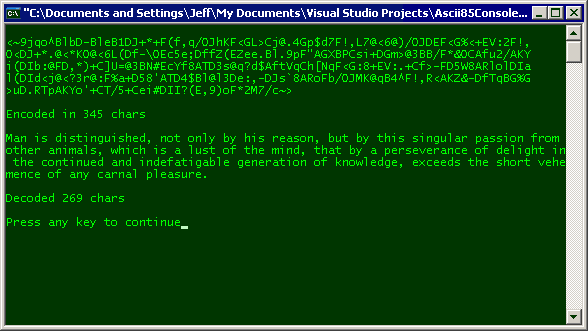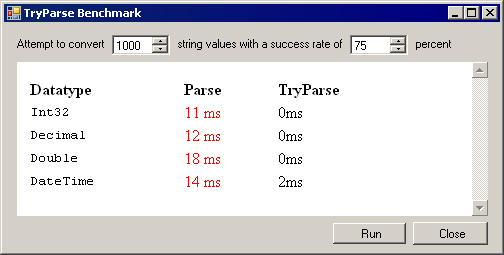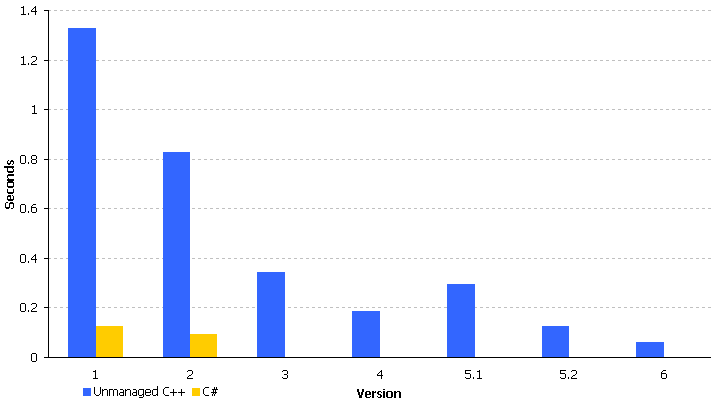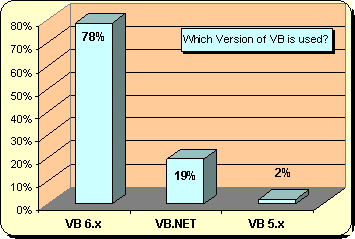
c#
C#, VB.NET, and echoing strings in the VS.NET Immediate Window
I’ve become rather agnostic on the whole topic of C# versus VB.NET, but there are still those annoying little differences that sneak up behind you and rabbit-punch you in the kidneys. Like, say, using the VS.NET 2003 command window in immediate mode to print a string: Usually





